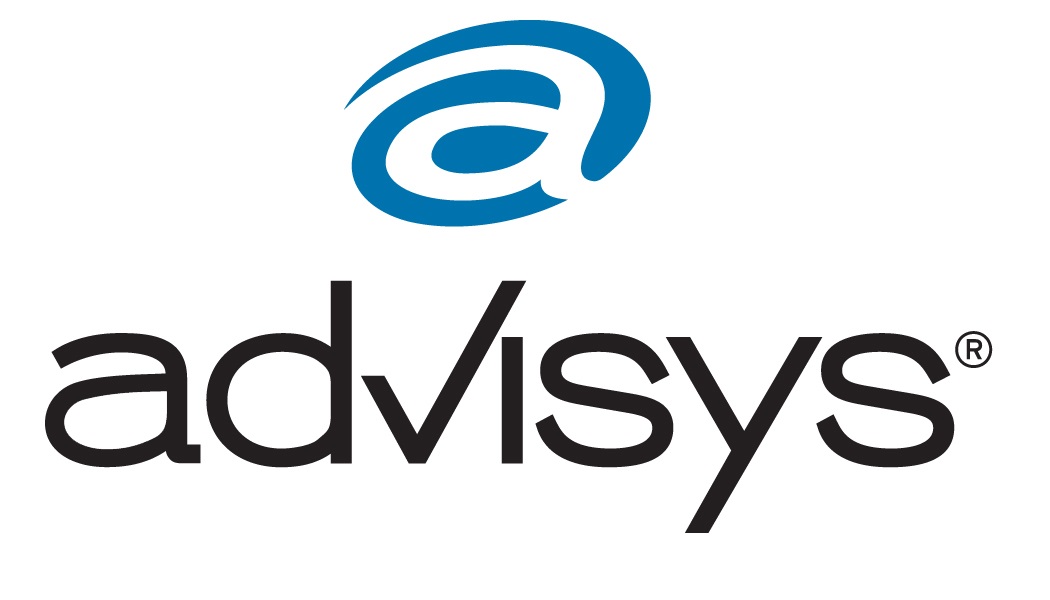Employer-owned life insurance
There are many situations in the business world where employer ownership of a life insurance contract on the life of an employee plays a vital role in the financial life of the business.
For example, employer-owned life insurance (EOLI) can help defray the often high costs involved in recruiting and training an individual to replace a "key" employee. EOLI contracts are also commonly used as a funding source for buy-sell agreements and non-qualified deferred compensation arrangements.
Generally, under federal income tax law,1 the proceeds of a life insurance contract payable because of the death of the insured are excluded from income. However, under IRC Sec. 101(j) the proceeds of an EOLI contract are generally excluded from income only to the extent of the premiums and other amounts paid by the policyholder for the contract. Any "excess" death benefit above this amount is included in gross income.
IRC Sec. 101(j) also contains a series of rules which, if followed carefully, allow the total death benefit of an EOLI life insurance contract to be received income-tax free.
Key definitions
- Employer-owned life insurance contract: A life insurance contract that is (1) owned by a person engaged in a trade or business and under which such person (or a related person) is directly or indirectly a beneficiary under the contract, and (2) which covers the life of an insured who is an employee of the "applicable policyholder" on the date the contract is issued.
- Applicable policyholder: Generally, the person who owns the contract. The term also includes any person who bears a relationship to the owner specified in IRC Sec. 267(b) or IRC Sec. 707(b)(1), or who is engaged in trades or businesses with the owner which are under "common control" within the meaning of IRC Sec. 52(a) or (b).
- Insured: An individual covered by the contract who is a U.S. citizen or resident. If the contract covers the joint lives of two individuals, the term "insured" includes both.
- Employee: In addition to the common law definition, the term "employee" includes an officer, director, and highly compensated employee (as defined in IRC Sec. 414(q)).
Notice and Consent
Before the EOLI contract is issued, specific "Notice and Consent" requirements must be met:
- The employee must be notified in writing that the applicable policyholder intends to insure the employee's life and the maximum face amount for which the employee could be insured at the time the contract is issued.
- The employee must provide written consent to being insured under the contract and that the coverage may continue after the insured terminates employment.
- The employee must be informed in writing that the applicable policyholder will be the beneficiary of any proceeds payable upon the death of the employee.
Exceptions
Assuming that all of the "Notice and Consent" requirements have first been met, the proceeds from an EOLI contract paid because of the death of an employee will be received income-tax free if any of the following exceptions applies:
- Recent employment: If the insured was an employee any time during the 12-month period before death.
- Executives: If, at the time the policy was issued, the insured was a director, or a highly compensated employee, as defined under the rules relating to qualified retirement plans, determined without regard to the election regarding the top-paid 20 percent of employees, or a highly compensated individual, as defined under the rules relating to self-insured medical reimbursement plans, determined by substituting the highest-paid 35% of employees for the highest-paid 25% of employees.
- Amounts paid to the insured's heirs: Death proceeds are excluded from income to the extent that an amount is (1) paid to a family member2 of the insured, to an individual who is the designated beneficiary of the insured under the contract (other than the applicable policyholder), to a trust established for the benefit of any such family member or designated beneficiary, or to the estate of the insured; or (2) is used to purchase an equity (or partnership capital or profits) interest in the applicable policyholder from such a family member, beneficiary, trust, or estate.
Transition rule and IRC Sec. 1035 exchanges
IRC Sec. 101(j) generally applies to EOLI contracts issued after August 17, 2006. There is an exception for policies issued after that date which were acquired in an IRC Sec. 1035 exchange for a contract issued on or before that date. Any material change in the death benefit or other material change can result in the contract being treated as a new contract, and thus subject to IRC Sec. 101(j).3
Annual reporting requirement
IRC Sec. 6039I imposes both record keeping and annual reporting requirements on any employer that owns one or more EOLI contracts. IRS Form 8925 is used to make the required annual report.
Seek professional guidance
Given the complexities involved, and because the dollar cost of not meeting the requirements of IRC Sec. 101(j) can be high, competent professional guidance is strongly recommended.
1 The discussion here concerns federal income tax law. State or local law may vary.
2 A family member, as defined in IRC Sec. 267(c)(4) includes the individual's brothers and sisters, spouse, ancestors, and lineal descendants.
3 See IRS Notice 2009-48, Q&A14, for a description of changes to existing EOLI contracts which would not be considered "material" changes.





